The Traditional Knowledge Systems (TKS) are the corpus of accumulated folk knowledge gained through trial and error through millennia. This folk knowledge therefore has a parental relationship to the elite science. The micro-variations of the ambient harsh environment of the hills have been responsible for the extremely rich community knowledge systems and a biodiversity necessary for sustainability of human life here. The mountain people also cultivate many lesser known crops and medicinal plants and this biodiversity is of immense value for the future, for genetics, health and breeding. Most of the village people depend upon the Himalayan medicine system rather than on the allopathic medicine. There are a lot of folk medicines used extensively to treat animals. The Naulas (water springs) are marvels of traditional hydraulic technology and still serve the demand of clean potable water. The traditional domestic architecture has enabled people to build quake resistant houses. There is a traditional technology for distilling alcohol for drinking purposes and also for making fermented food and beverages. They also have a developed technology for dyeing wool and cotton using natural dyes. The Kumauni folklore is a veritable treasure of folk knowledge. For an integrated and sustainable development of the hills it is necessary to use traditional technologies. The TKS also helps to understand archaeological remains of domestic and temple architecture, hydraulic structures and burial remains, even of rock art. Despite the tremendous importance and value of traditional knowledge, especially in the hilly areas such as Uttaranchal, it is at a risk of becoming extinct for various reasons. We do hope that this book will help reserve the traditional knowledge systems of Uttaranchal, as also emphasise their use for sustainable development.
Traditional Knowledge Systems and Archaeology
Add to favorites
Contents
$80.10
$89.00
In stock
Free & Quick Delivery Worldwide
All orders amounting to US$ 50 or more qualify for Free Delivery Worldwide. For orders less than US$ 50, we offer Standard Delivery at $14 per book.
ABOUT THE AUTHOR D P Agrawal
As Prof. D.P. Agrawal has worked with the Archaeological Survey of India, Tata Institute of Fundamental Research (TIFR), Bombay and the Physical Research Laboratory (PRL), Ahmedabad, his academic contributions are marked by an interdisciplinary yet holistic approach. He has made significant contributions to the fields of palaeoenvironment, prehistoric archaeology, radiocarbon and TL dating, archaeometallurgy and traditional knowledge systems. For two years he participated in the excavations of the famous Harappan site of Kalibangan in Rajasthan. He has extensively worked on the copper technology of the Harappans and has been associated with the palaeoclimatic and palaeoenvironmental studies - both in Kashmir and Rajasthan. His delineation of Rajasthan's palaeoenvironmental changes is very relevant to the Harappan studies. He has published 20 books and 250 papers. He has been a member of the Advisory Board of World Archaeology and Le 'anthropologie and edited Man and Environment for a number of years. He was Chairman of a large multidisciplinary group at PRL and is a Fellow of the National Science Academy. He is a member of the National Commission on History of Science of the Indian National Science Academy. He is now the chief editor of a multi-volume international project on the history of science and technology and honorary ndirector of Lok Vigyan Kendra, Almora. He also runs a philanthropic trust at Almora.
ABOUT THE AUTHOR Manikant Shah
Manikant Shah is a sociologist who has worked with the rural communities in Uttaranchal for more than a decade. Since 2001 he has been working at Lok Vigyan Kendra, Almora as a coordinator and has contributed essays, reviews and stories to the website and engaged in various interdisciplinary research studies. He has co-authored the book, A Multidisciplinary Study of Traditional Knowledge Systems of Uttaranchal. Knowledge Systems of Uttaranchal. Presently, he is engaged in an exhaustive study of the Traditional Hydraulic Technology of Uttaranchal.
ABOUT THE AUTHOR Sameer Jamal
Sameer Jamal is a bright young software engineer who specializes in the management of Information Technology. He is also much interested in Traditional Knowledge Systems. He is presently working with Sapient Corporation at Gurgoan, Haryana.
reviews
0 in total
Review by Anonymous
Be the first to review “Traditional Knowledge Systems and Archaeology” Cancel reply
You must be logged in to post a review.
Bibliographic information
Title
Traditional Knowledge Systems and Archaeology
Author
Edition
1st ed.
Publisher
ISBN
8173053340
Length
xvi+174p., Tables; Bibliography; 25cm.
Subjects
more by D P Agrawal see more
more by Manikant Shah see more
similar bookssee more
Recent Researches on Indus Civilization Maritime Archaeology in India
The present volume comprises ...
$177.30
$197.00
Gold Coins in the Srivari Hundi of Lord Venkateswara: S.V. Museum Collection
The holy temple of Lord Sri ...
$198.00
$220.00

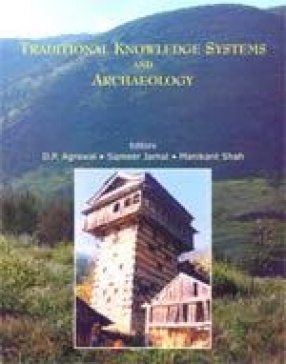
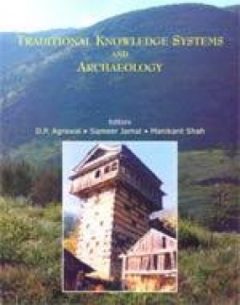
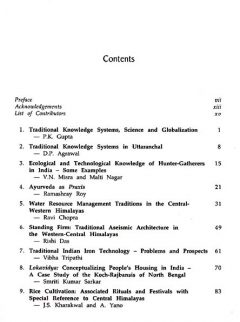
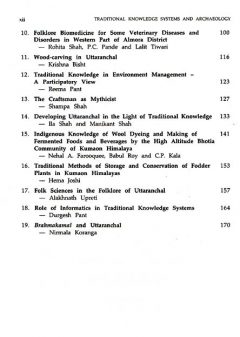
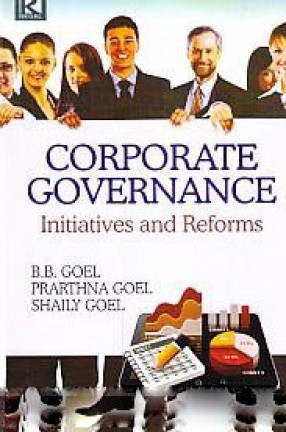
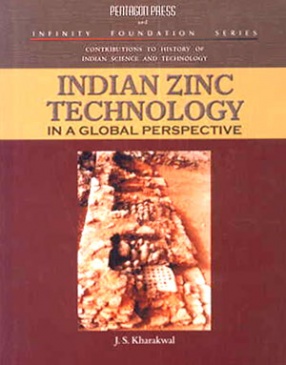
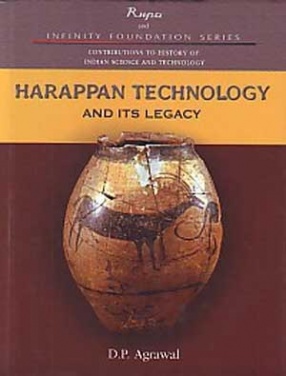
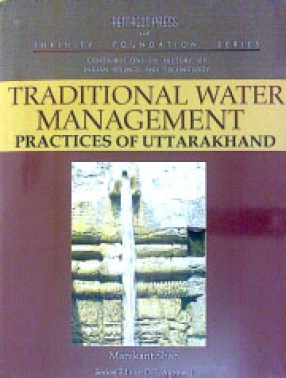
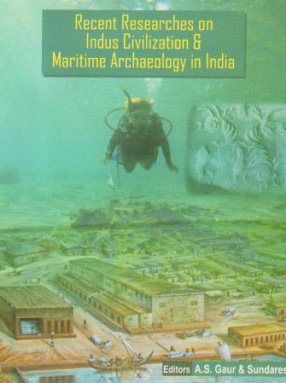
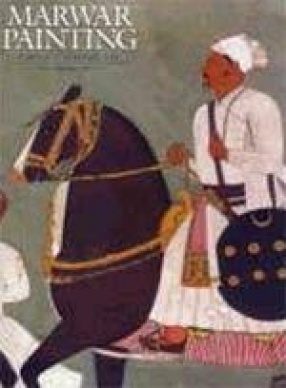
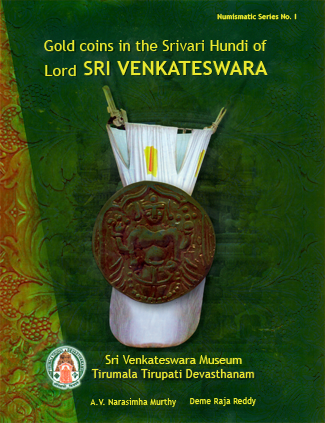
There are no reviews yet.